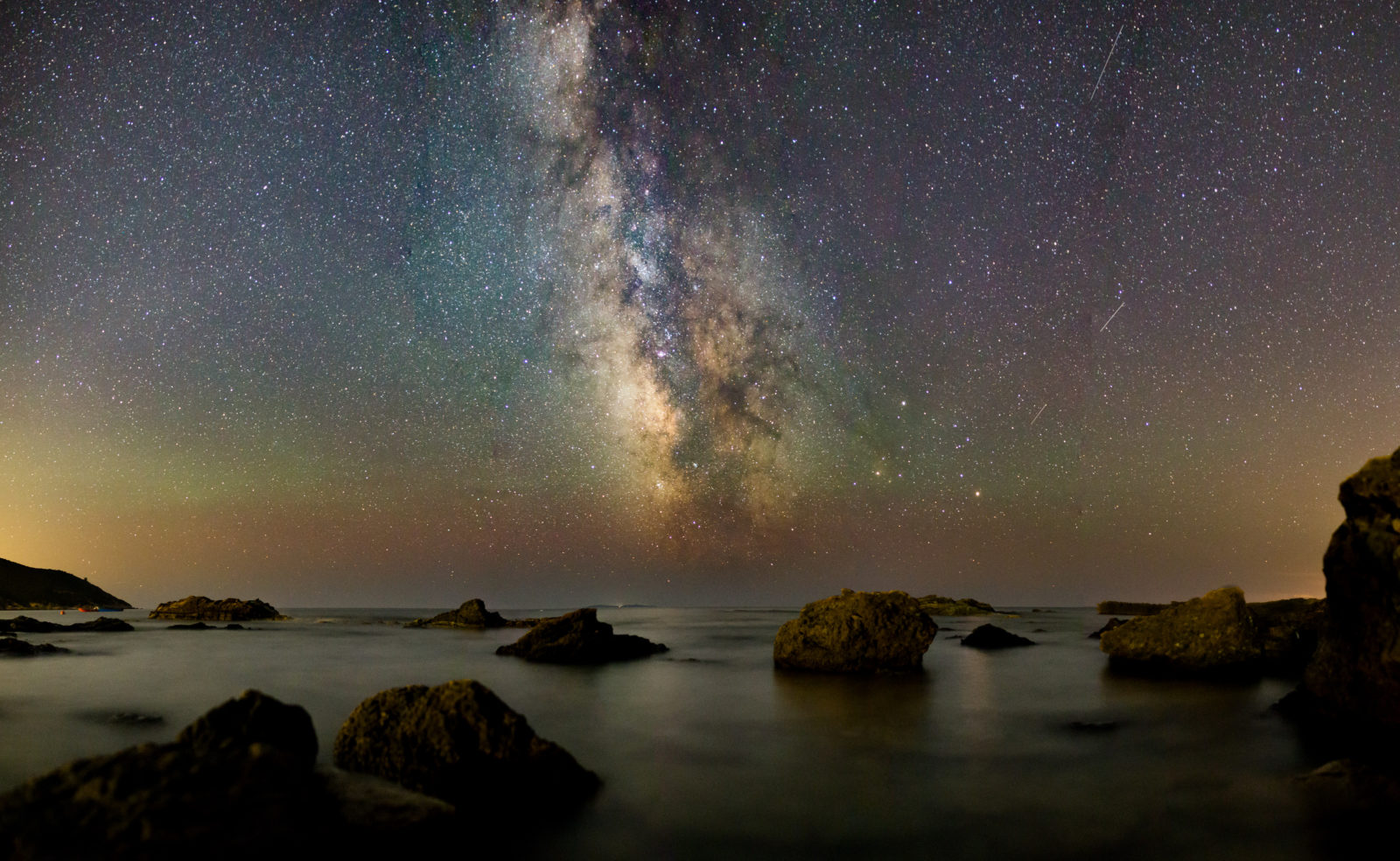
Dover Judge Regurgitates Mythological History of Intelligent Design
Several newspapers covering today’s Kitzmiller vs. Dover ruling against intelligent design are highlighting Judge John Jones’ spurious determination that intelligent design is creationism in disguise. They’re accurately reporting the judge’s opinion here, for his decision reads like a condensation of atheist-activist Barbara Forrest’s mythological history of intelligent design. The Christian Science Monitor reports that the judge decided that “‘Intelligent design’ is just Read More ›






